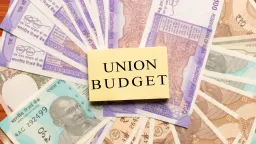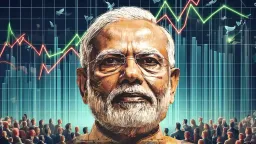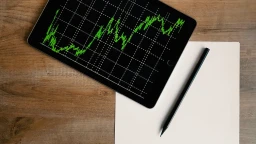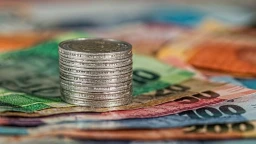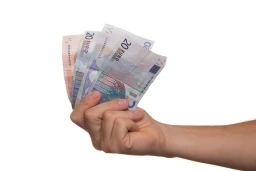What is an Exchange Rate?
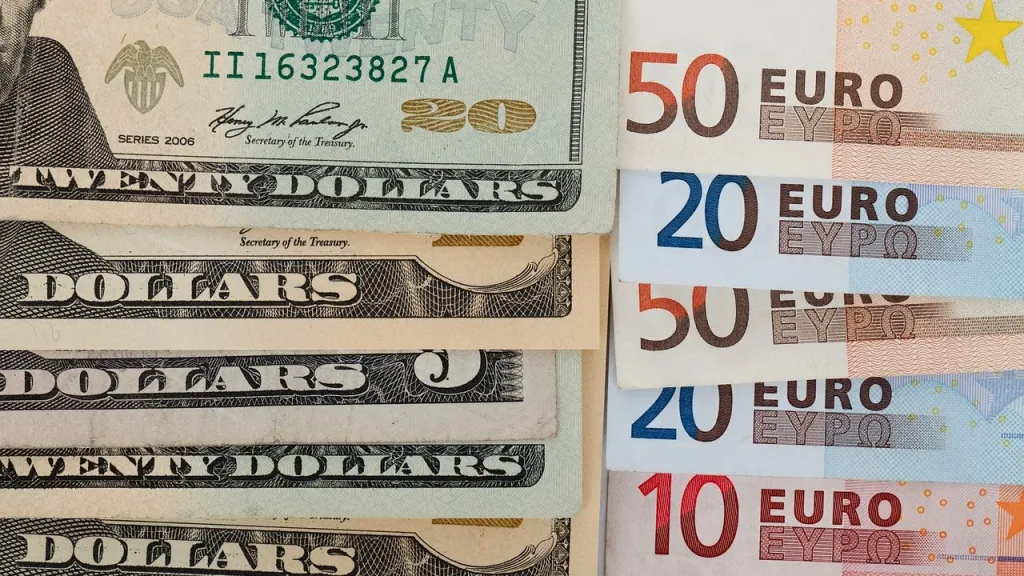
An exchange rate is a rate at which one currency is exchanged for another. Exchange rates are determined by a number of factors, including economic conditions, inflation, and interest rates. Exchange rates can have a significant impact on a country’s economy. For example, a strong exchange rate can attract foreign investment, while a weak exchange rate can lead to inflation.
What is an Exchange Rate?
An exchange rate is a price at which two currency pairs can be traded against each other. The most common way to express an exchange rate is through a quoted price, such as “EUR/USD = 1.1850.” This means that one euro can be bought for 1.1850 U.S. dollars.
Exchange rates can be either fixed or floating. A fixed exchange rate is one where the price of the currency pair is set and does not change, while a floating exchange rate is one where the price of the currency pair is allowed to fluctuate in response to market conditions.
How does the Rate of Exchange work?
An exchange rate is the price of a currency in terms of another currency.
In other words, it tells you how much you have to spend in one currency to buy another currency.
For example, let’s say that the exchange rate between the US dollar and the Japanese yen is 100 yen to 1 dollar.
That means that if you want to buy 1 dollar, you have to spend 100 yen.
What factors affect the Exchange Rate?
There are a number of factors that affect the exchange rates between currencies. Some of these are listed below:
- The relative strength of the two economies: If one economy is growing faster than another, its currency will tend to appreciate against the other currency.
- The level of interest rates: Higher interest rates tend to lead to a currency appreciation, as investors seek out the higher returns on offer.
- The level of inflation: Higher inflation rates usually lead to currency depreciation, as money loses value when prices are rising.
- Government intervention: Governments can sometimes intervene in the foreign exchange market in order to try and influence the value of their currency.
- Supply and demand: The amount of a particular currency that is available on the market will impact its price. If there is high demand for a currency but limited supply, then its value will increase.
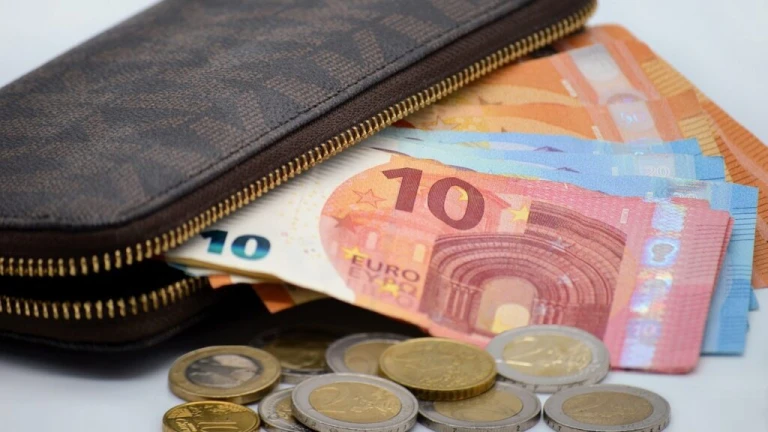
Why is the Rate of Exchange important?
Exchange rates are important because they affect the price of goods and services in different countries, and they can also affect the value of investments.
When a country has a high exchange rate, it means that its currency is worth more than the currencies of other countries. This can make exports from that country more expensive, and imports into that country cheaper. It can also make it more expensive for people to travel to that country.
A low exchange rate can have the opposite effect. It can make exports from a country cheaper, and imports into that country more expensive. It can also make it cheaper for people to travel to that country.
Exchange rates can also affect the value of investments. For example, if you have invested in a company that does a lot of business in another country, then a change in the exchange rate could affect the value of your investment.
What are the 3 forms of rates of exchange?
Exchange rates are calculated as an average of buy and sell prices on the market. The three forms of rates of exchange are spot, forward, and futures.
1. Spot Rates
These rates are the most common type of exchange rates and refer to the current value of one currency in terms of another. Spot rates are used when you want to buy or sell currency immediately.
2. Forward Rates
Forward rates are used when you want to buy or sell currency at some point in the future. The forward rate is set at the time of the transaction and is based on the spot rate plus or minus a margin.
3. Futures Rates
These rates are used when you want to buy or sell currency at some point in the future. However, this is with a guarantee that the price will not change between the time you make the contract and when it expires. Futures contracts are standardized and traded on an exchange.

